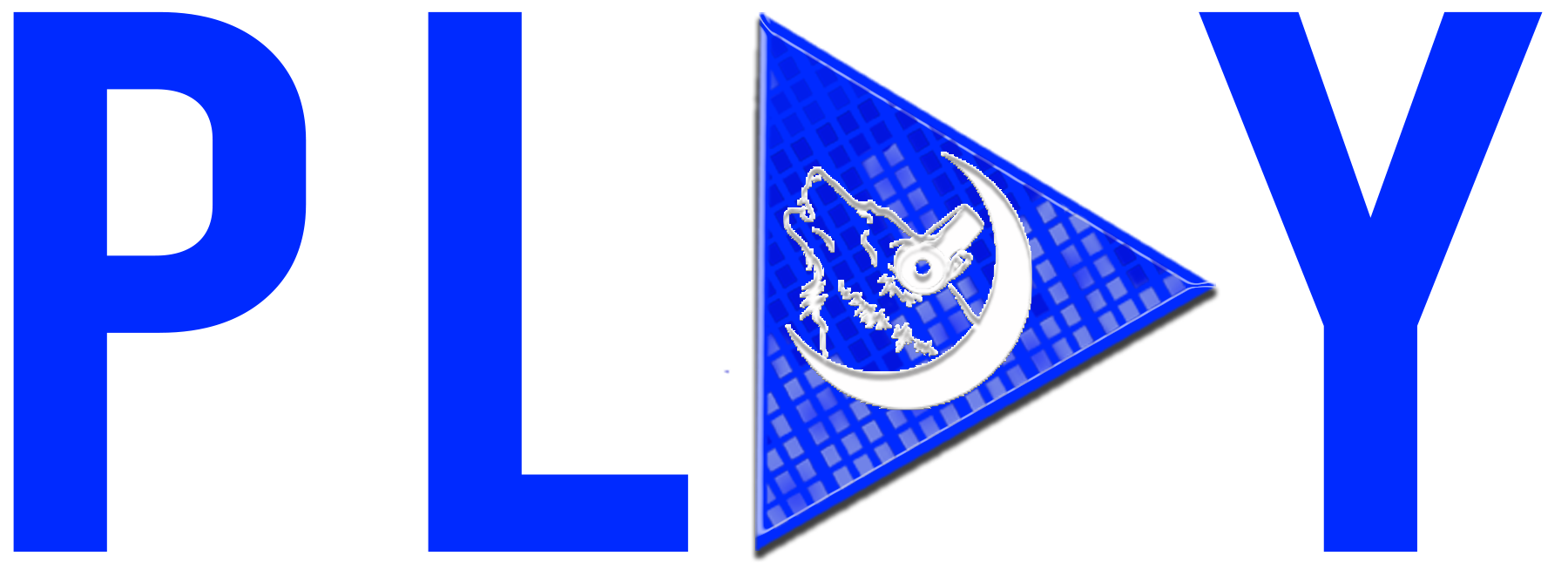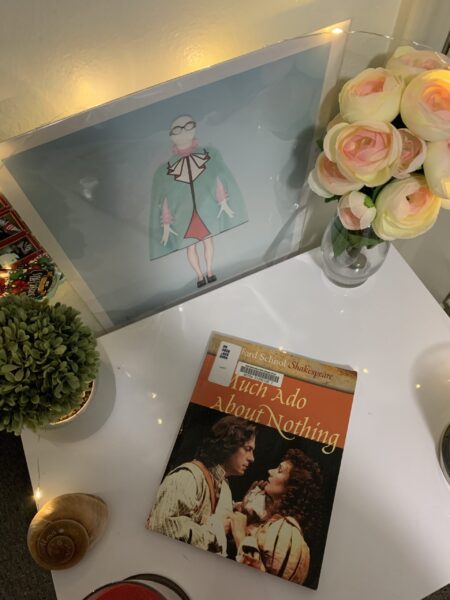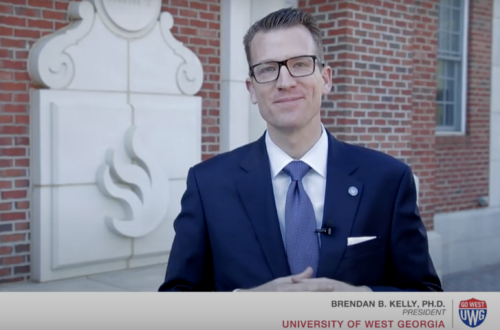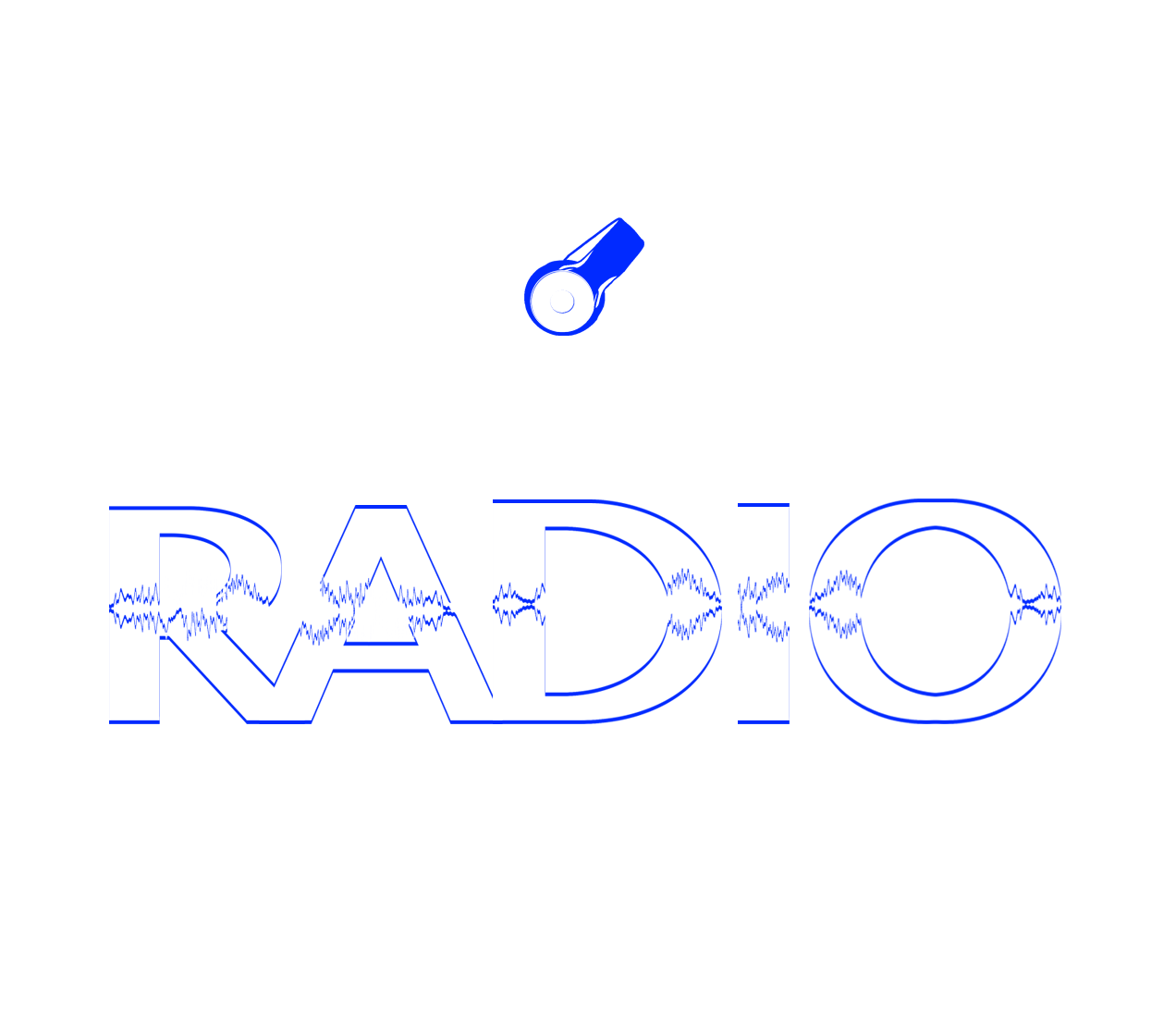Oh, Shakespeare! Wherefore art thee doing this to me.
Auditioning is, in my opinion, a very challenging and nerve-wracking step in an actor’s life as it is. But our favorite playwright Shakespeare makes this process even harder. Am I right?
To ace a monologue, actors need to meticulously research the character they choose to portray, understand the context in which the monologue takes place, and accurately convey the meaning and emotion behind each word to the audience – the casting director, in this context. All of which is very difficult to do when it comes to a Shakespearian monologue.
I had read Shakespeare’s plays before, and I truly did love his work. But that’s when I was in high school, in France. That’s when the plays were all translated into modern French, and I did not have to deal with the old English language.
Now that I am in the United States, I have to face the real complexity of a Shakespearian text. I still love the stories and the characters that he created. It’s the reading part that challenges me. Because it’s not just old English, It’s Shakespearian English. Hard, hard, hard to read.
For a Non-English native speaker, reading Shakespeare is to question most of the terms, to doubt your understanding of the situation, or to simply have no idea what the characters are saying. It’s also to have several open tabs of online translators for the Shakespearian language. It’s to cover an entire script with notes in the margins and to watch multiple YouTube videos that provide crash courses on the plots.
To put it simply, it’s a lot of work. At least, for me.
I recently auditioned for UWG Theatre’s Spring 2020 production of Much Ado About Nothing, written by Shakespeare and directed by Amy Cuomo. Logically, I had to prepare a monologue by Shakespeare.
I chose King Lear. More precisely, a passage said by Cordelia in Act One, Scene One. Firstly, I did not choose a monologue from Much Ado About Nothing because I was already auditioning for the play. Secondly, I read King Lear when I was in High School, so I remembered the plot pretty well. However, since it was my first time reading the play in English, it still required significant effort.
Nonetheless, I did the necessary research, rehearsed, and delivered my monologue as best I could.
This was my very first audition, so you can imagine how stressful it was. I went into the room, internally shaking, and delivered.
Done! The worst part is done… Right?
After presenting the monologue, I had to face the unexpected: I was given the script for Much Ado About Nothing and asked to read a few lines for the characters of Beatrice and Hero. Well, you could arguably say that I should have been prepared for that to happen. I admit it was my mistake.
Oh, Shakespeare! Why?
I briefly practiced the lines in the corner and read them aloud. I did not understand what I was saying because I did not have time to research. As I stated before, Shakespearean texts require research.
No matter the result, I am grateful for the experience because it was an opportunity to learn and to improve.
I was cast in Much Ado About Nothing, which will run from April 22 to April 25, 2020, at 7:30 p.m. at the Carrollton Center for the Arts.
Photo Credits: Alma Beauvais
Alma Beauvais is The WOLF's News Director and current junior of Mass Communications at the University of West Georgia.










